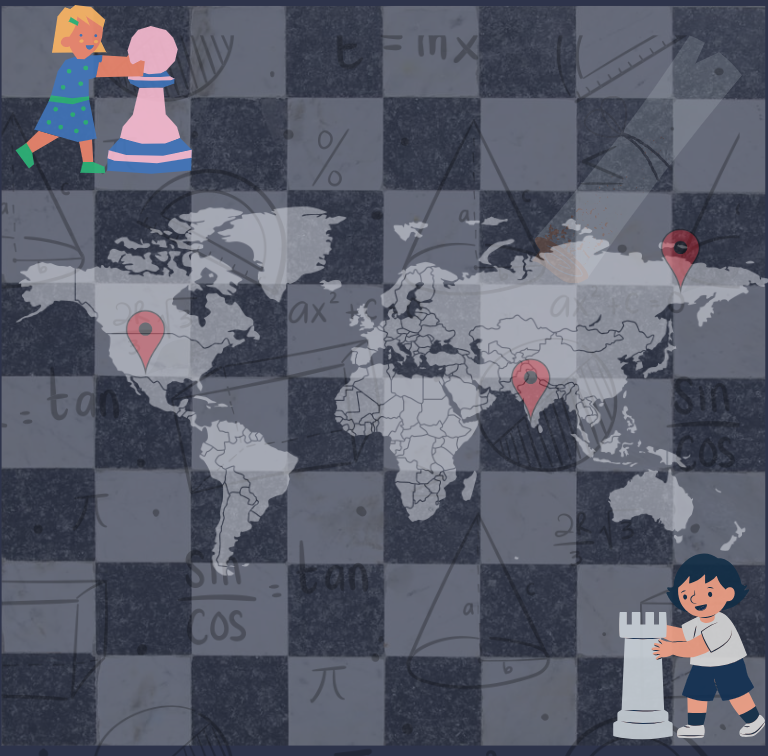
Chess enhances cognitive skills and connects to key areas like math, science, and language, making it a valuable educational tool.
Key Area | Educational Chess | Competitive Chess |
Purpose | Learn competencies by playing | Learn chess and focus on winning |
Eligibility | Suitable for all children | Best for experienced players |
Focus | Learning and personal growth | Winning and performance |
Impact of Losing | Learns from losses | Emotional impact of losing is high |
Rules | Flexible and progressive | Fixed, standardized rules |
Improvement Path | Problem-solving, mini-games, creating exercises | Game analysis, coaching |
Rewards | Improvement in school subjects | Trophies, ratings, tournament results |
Skills Developed | Problem-solving, creativity, emotional growth | Communication, collaboration, self-improvement |
In Educational Chess, children develop life skills and emotional resilience, while Competitive Chess focuses on skill development and achieving success in tournaments. Both approaches are valuable in their own right.
Credit: Chess in Education Commission (EDU FIDE)